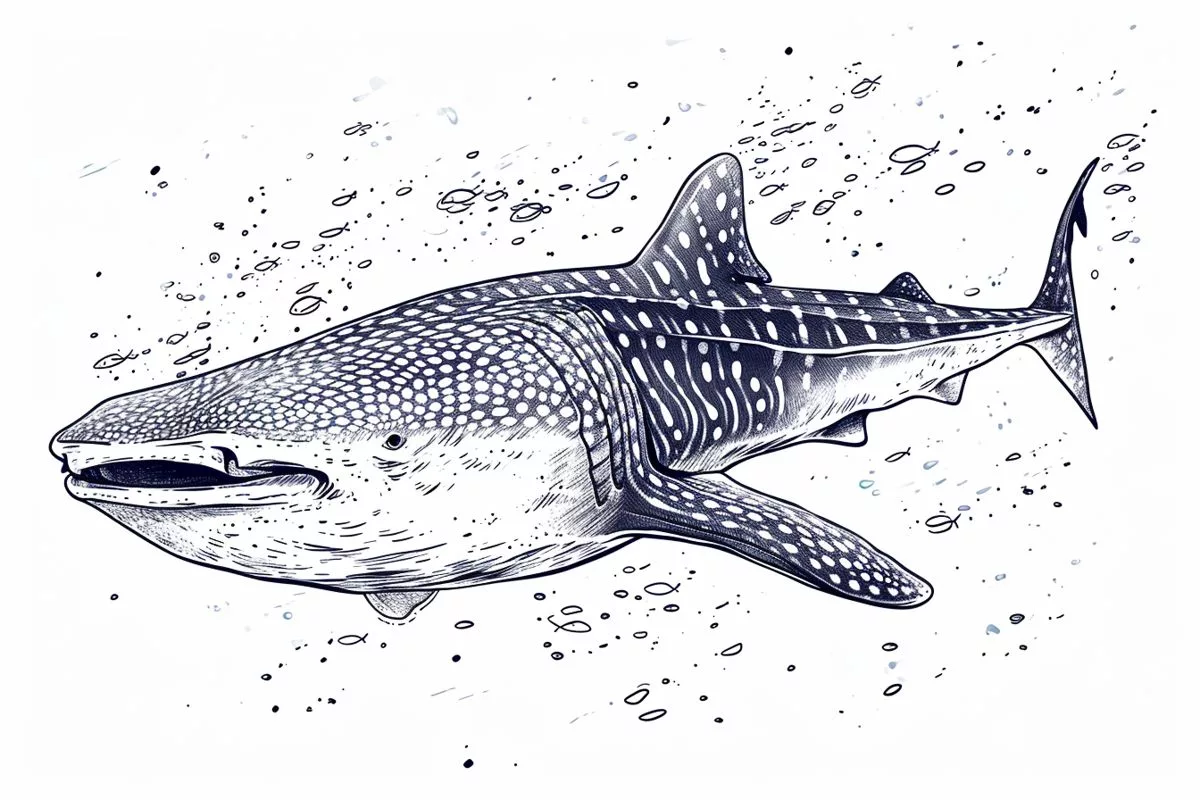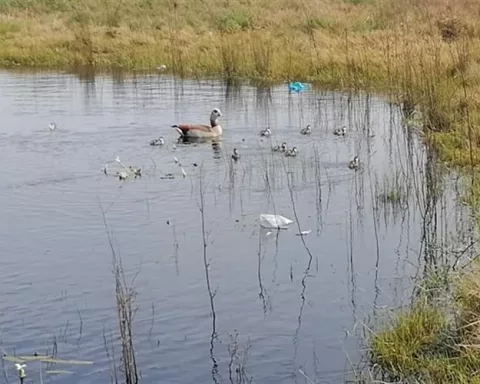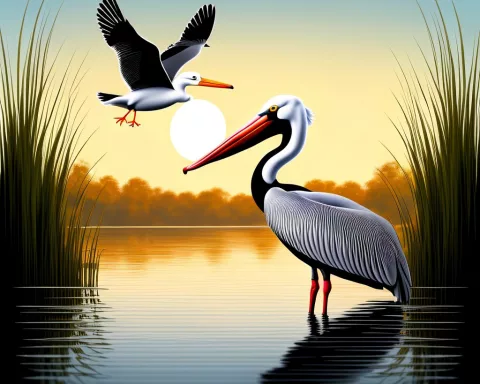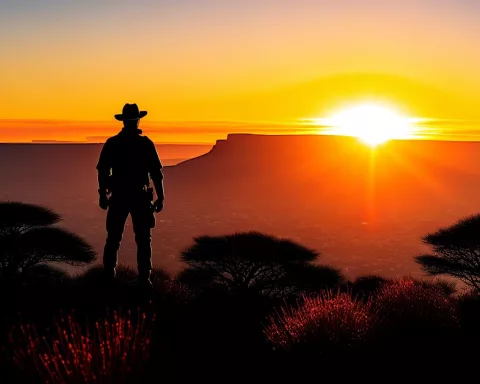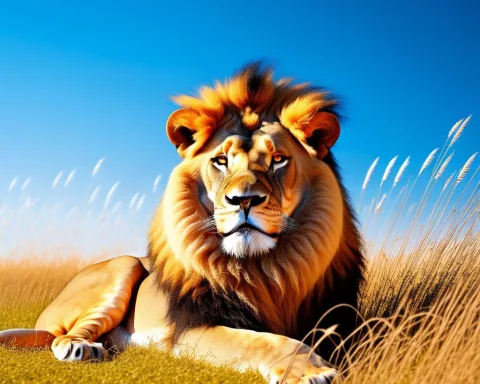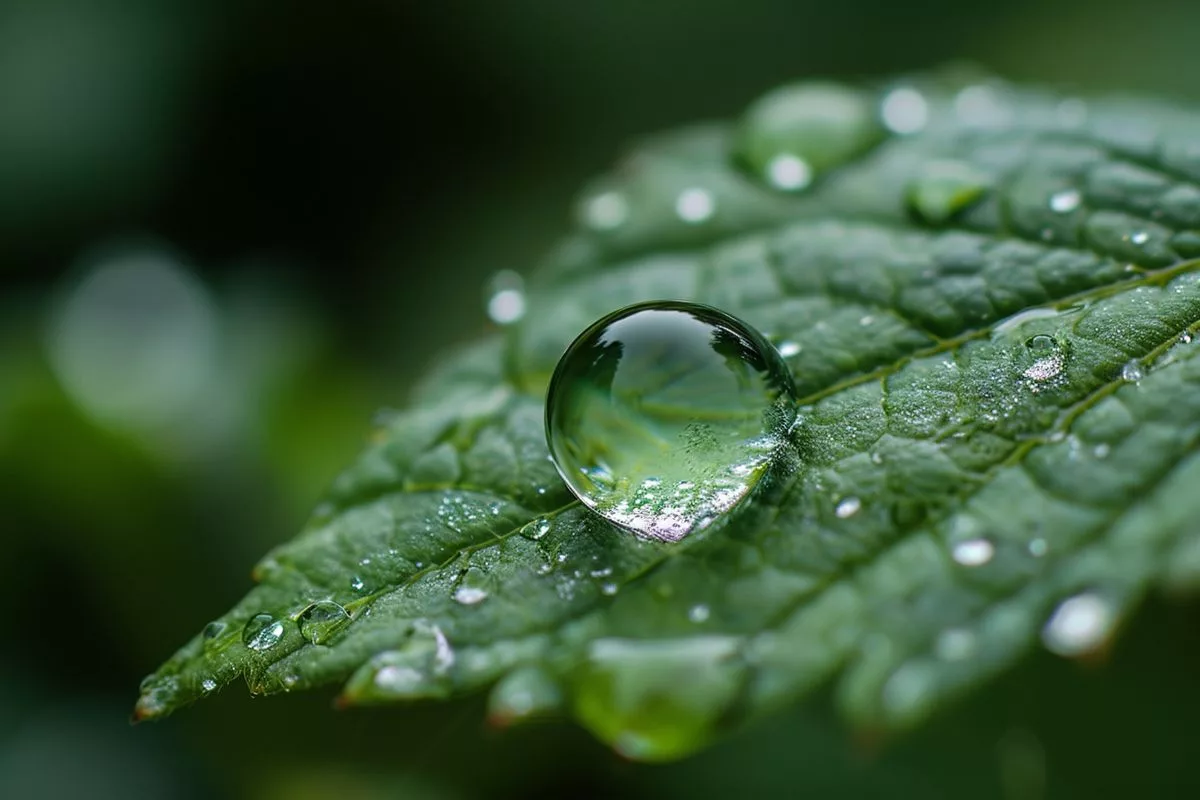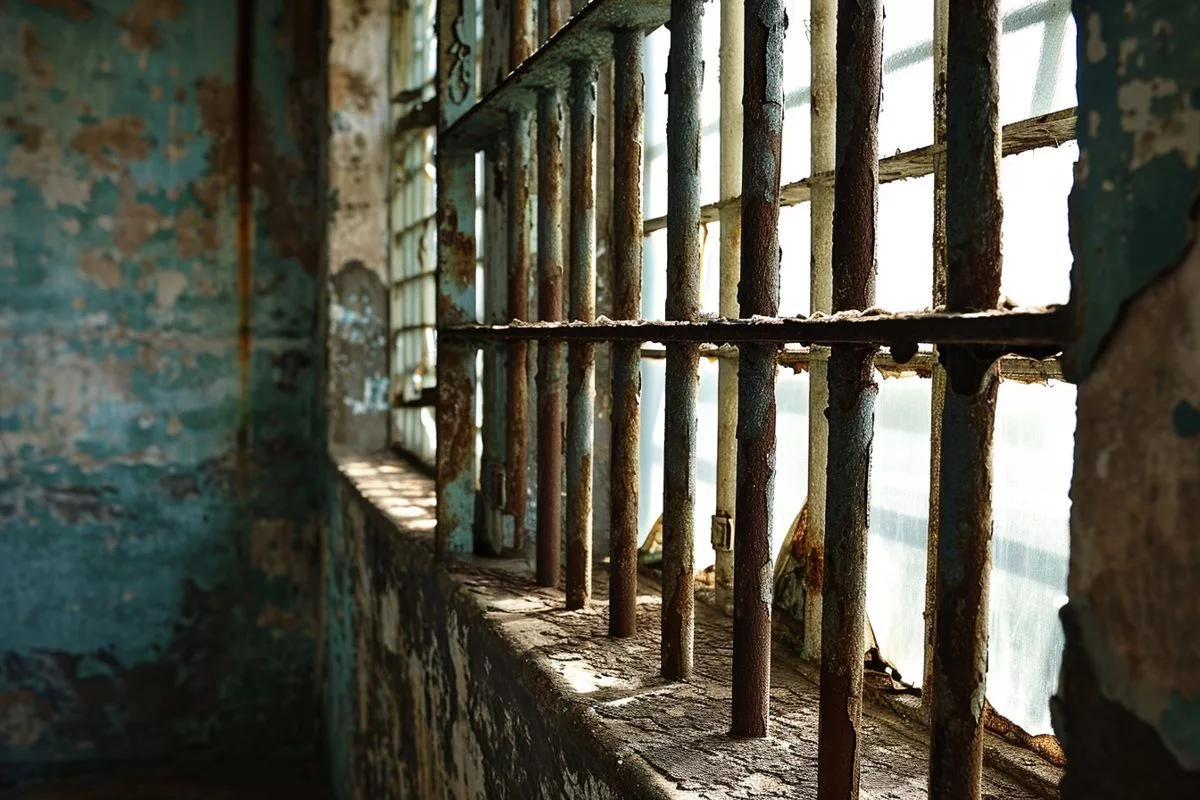A recent encounter with a stranded whale shark at Clifton Fourth Beach in Cape Town highlights the delicate and complex relationship between humans and marine life. While spectators were in awe of the giant creature’s presence, some pursued it for videos, showing a disturbing paradox between empathy and indifference. It is crucial to uphold the dignity of marine life by maintaining a safe distance, avoiding disturbance, and reporting any distressed or injured wildlife to professional help. Ultimately, our fascination with marine life should not compromise their right to peaceful co-existence.
What is the relationship between humans and marine life in Cape Town?
The relationship between humans and marine life in Cape Town is complex and delicate. Incidents such as the recent encounter with a stranded whale shark at Clifton Fourth Beach highlight the need for understanding, respect, and empathy towards these creatures. It is important to maintain a safe distance and avoid disturbing them to preserve the fragile ecological balance. The unethical practice of wildlife shows should also be avoided, and any distressed or injured wildlife should be reported to professional help. Ultimately, our fascination with marine and coastal wildlife should not override their right to a peaceful co-existence.
Section 1: An Unusual Encounter
In a shared landscape where the boundaries between humans and nature often blur, a recent incident at Clifton Fourth Beach in Cape Town serves as a representative anecdote of the intricate balance between humans and marine wildlife. This incident occurred around 11am on a Thursday, when a seemingly agitated whale shark became trapped in the shallow waters, perilously close to unaware beach visitors.
This spectacle elicited a wave of awe from spectators as the colossal marine creature unexpectedly found itself in a predicament, both metaphorically and literally. The beachgoers, apparently touched by the precarious circumstances, united to guide the enormous creature back into the safety of the deeper waters.
The whale shark, frequently termed as the ‘Gentle Giant,’ was believed to be either wounded or a young one separated from its mother. As the spectators apprehensively observed the shark swimming back into the ocean, its movements were visibly slow. Nevertheless, this sense of relief was fleeting as swimmers and SUP boarders trailed behind it, keen to capture this extraordinary occurrence.
Section 2: Man and Marine Life: A Disturbing Paradox
This situation highlighted a disturbing paradox. On the one hand, the beachgoers demonstrated an instinctive unity and empathy towards the stranded creature. On the other hand, the pursuit of the shark for capturing videos exposed an unsettling indifference towards the animal’s clear discomfort.
Such incidents accentuate the need for a more refined understanding of our association with marine and coastal wildlife. In light of this, Cape Town’s city officials have urgently called for respect towards these remarkable creatures. They highlight the importance of maintaining a safe distance and abstaining from any sort of disturbance.
The creatures inhabiting our oceans and coasts are not just objects of curiosity, but vital elements of a fragile ecological balance. Any endeavor to approach, feed, or photograph these creatures disrupts this equilibrium, potentially resulting in defensive aggressive behavior. Similarly, domestic pets should be kept away from places where wildlife is present to sidestep any unexpected situations.
Section 3: The Unethical Practice of Wildlife Shows
While it may seem obvious to avoid supporting illegal wildlife shows, it is, regrettably, a practice that continues, fueled by monetary benefits at the cost of the animals’ wellbeing. These shows not only exploit wildlife but also encourage a damaging and harmful relationship between humans and animals.
In situations where distressed or injured wildlife is encountered, the City of Cape Town advises individuals to contact them directly. This is a vital measure in guaranteeing that professional and suitable help can be mobilized swiftly, minimizing the risk of worsening the animals’ distress by well-intentioned but inexperienced rescuers.
Section 4: Oceans: A Realm of Respect and Understanding
The occurrence at Clifton Fourth Beach is a sobering reminder that our oceans are not merely blue expanses but dynamic, living entities teeming with creatures that deserve our respect and comprehension. As we continue to marvel at the splendors of Cape Town and its scenic coastlines, we must remember to tread cautiously, keeping in mind that we are merely guests in the expansive realm of marine life.
In conclusion, the story of the whale shark near the shores of Clifton Fourth Beach serves as a poignant testament to the fact that our fascination with marine and coastal wildlife should never override their right to a tranquil co-existence. The true beauty and intrigue of these creatures lie in their natural habitats, untouched and uninhibited by human disturbance.
1. What is the relationship between humans and marine life in Cape Town?
The relationship between humans and marine life in Cape Town is complex and delicate. It is important to maintain a safe distance and avoid disturbing them to preserve the fragile ecological balance.
2. What happened during the recent incident at Clifton Fourth Beach in Cape Town?
During the recent incident at Clifton Fourth Beach, a whale shark became trapped in shallow waters close to beach visitors. Spectators helped guide the shark back into deeper waters, but some swimmers and SUP boarders pursued it for videos, highlighting a disturbing paradox between empathy and indifference towards marine life.
3. What is the City of Cape Town’s stance on respecting marine life?
The City of Cape Town urgently calls for respect towards marine life and highlights the importance of maintaining a safe distance and avoiding disturbance. The unethical practice of wildlife shows should also be avoided, and any distressed or injured wildlife should be reported to professional help.
4. Why should domestic pets be kept away from places where wildlife is present?
Domestic pets should be kept away from places where wildlife is present to sidestep any unexpected situations that could potentially result in defensive aggressive behavior.
5. What is the importance of understanding and respecting marine and coastal wildlife?
The creatures inhabiting our oceans and coasts are not just objects of curiosity, but vital elements of a fragile ecological balance. Any endeavor to approach, feed, or photograph these creatures disrupts this equilibrium, potentially resulting in harm to the animals and their environment.
6. What is the true beauty and intrigue of marine and coastal wildlife?
The true beauty and intrigue of marine and coastal wildlife lie in their natural habitats, untouched and uninhibited by human disturbance. We must remember to tread cautiously, keeping in mind that we are merely guests in the expansive realm of marine life.

